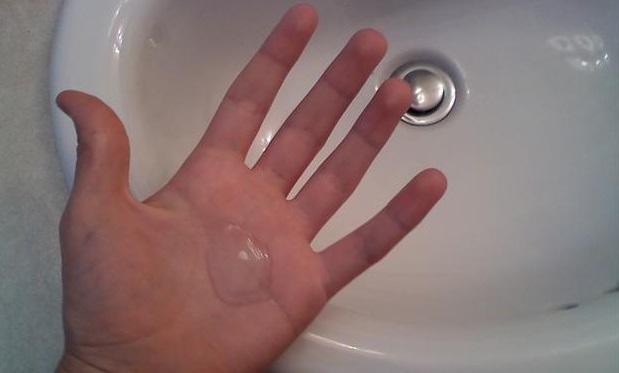The FDA has determined that 19 different chemicals added to antibacterial soaps are of no additional germ-fighting value and might actually be harmful. This involves 2100 antibacterial products comprising 40% of all soaps and body washes. The FDA could not find any evidence that soaps with these additives were any better at killing bacteria and preventing infection than plain soap without the additives. Simple soap destroys the bacterial cell membrane as every first year medical student learns. Only consumer products are involved, not the specialized soaps such as those used in hospitals; nor are hand sanitizers in question.
The most dangerous of these additives are triclosan and triclocarban that when absorbed through the skin are said to be capable of disrupting hormone cycles and cause muscle weakness. They can also stimulate bacterial resistance to antibiotics. The offending products do not have to be removed from the market — but more cannot be produced. The industry hopes to fight the ban by refuting the scientific evidence, as the press release from the industry trade organization, the Chemical Cleaning Institute, makes clear. Manufacturers such as the Henkels Co. that makes Dial have a year to remove the chemicals or take the products off the market. Some companies read the handwriting on the wall and have already begun to remove the offensive chemicals from their products.
